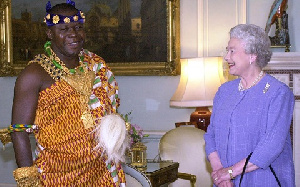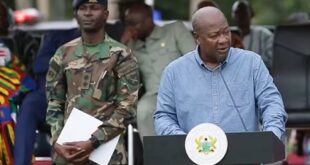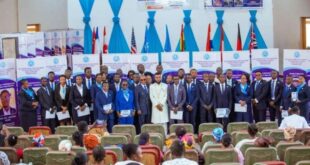Otumfuo Osei Tutu II, the Asantehene has revealed that the Ashanti Kingdom contributed resources to the British empire by way of contributing towards the Second World War.
The war was fought between the Allies (United States, United Kingdom, the then United Soviet Specialist Republic, USSR and others) and the Axis (Germany, Italy, Japan and others). It took place between 1939 – 1945.
While speaking at a lecture at the University of Memphis, in the United States of America, May 5, 2022, the Asantehene said the contribution was in the form of two helicopters and that it demonstrated the financial strength of the kingdom years back.
“The natural resources of our lands, in gold and timber, and the individual energy and drive of our people as they applied themselves to cocoa farming have been at the forefront of the economic development,” he told his audience.
“Some of our people had migrated to the Ivory Coast, and now constitute about a quarter of the country’s population. That group produced the great man acknowledged as the Father of modern Ivory Coast, Felix Houphoet-Boigney and another former President Konan Bedie,” he said of the expansion of the Kingdom centuries ago.
The revered monarch spoke extensively about the historic financial, military and territorial strength of the kingdom he leads today and how it had defended itself robustly against invaders.
According to him, the British control bid was fiercely resisted for years before it took place: “we successfully fought off attempts at colonial conquest and remained fiercely independent until the beginning of the last century when King Prempeh I was taken into exile and Asanteman agreed to be integrated into the Gold Coast under British rule.
“We have been resolute and true to our integration into the new nation state which is now the Republic of Ghana and have been unflinching in our determination to ensure its continuing prosperity,” he stated.
The lecture was under the theme: “Contemporary challenges in US and Africa relations” and took place at the Rose Theatre of the University.
Some of the participants included academics, students, university administrators, and some members of the Ghana Community in Memphis.
 Home Of Ghana News Ghana News, Entertainment And More
Home Of Ghana News Ghana News, Entertainment And More





